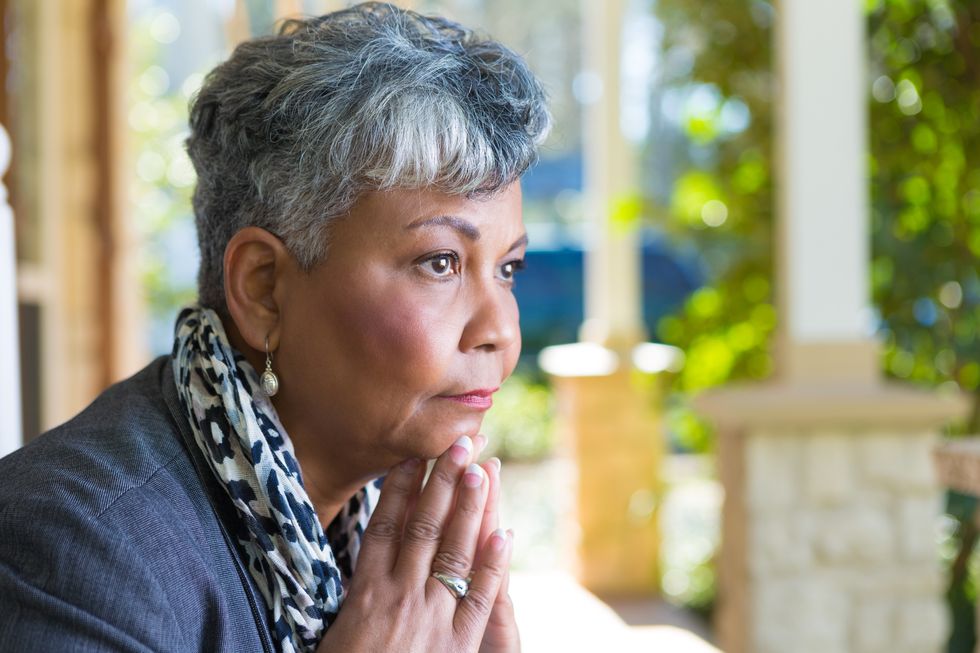If you have obstructive sleep apnea, the most common form of sleep apnea, you're likely familiar with some sleep woes. Raise your hand if your significant other has awakened you thinking you're not breathing? That's never fun.
And while many people with sleep apnea may think they have solved their sleep problems with the use of a CPAP (continuous positive airway pressure) device, there are many people living with sleep apnea who still feel a different kind of tired during the day. This kind of tired is called excessive daytime sleepiness.
Excessive daytime sleepiness related to sleep apnea may lead to:
- Being frequently tired throughout the day
- Having lapses in wakefulness, memory or judgment
- Feeling unable to enjoy, fully participate in or stay alert during regular activities (e.g., reading or watching TV)
- Increased risk of motor vehicle accidents due to unintended lapses in wakefulness
According to a survey, conducted July 11-23, 2018, by The Harris Poll on behalf of Jazz Pharmaceuticals, 61 percent of patient respondents said they agree that they are frustrated by their constant sleepiness. In fact, excessive daytime sleepiness can sometimes interfere with people’s lives in a major way:
- Seventeen percent of survey respondents said their excessive daytime sleepiness has impacted them at work, such as losing a job, leaving a job, making special arrangements, missing meetings or deadlines, missing opportunities (such as a promotion or raise) or being disciplined.
- Twenty-one percent fell asleep while working or during a meeting in the last 12 months.
- Fourteen percent have fallen asleep at the wheel, either stopped at a light/sign or while driving in the past year.
- Many patients said their sleepiness has a somewhat or very negative impact on their romantic relationships (31 percent), relationships with friends (21 percent) and relationships with their children (14 percent).
And it's not just the patients who are suffering from excessive daytime sleepiness. The survey also reached significant others of those who have sleep apnea. They shared:
- Half (50 percent) said their significant other's excessive daytime sleepiness negatively impacted their relationship romantically.
- Nearly a third (32 percent) have avoided a social situation or missed an activity or event because of their partner's excessive daytime sleepiness related to sleep apnea.
- Over half (58 percent) said there was a somewhat or very negative impact on their ability to enjoy certain entertainment activities or hobbies with their partner due to their excessive daytime sleepiness related to sleep apnea.
Since excessive daytime sleepiness can deeply impact someone's life, it's not surprising that 73 percent of patients surveyed agreed that they wish they knew more about treatment options for excessive daytime sleepiness related to sleep apnea other than CPAP.
- The 4 Most Common Sleep Disorders ›
- 11 Reasons You're Tired All the Time - HealthyWomen ›
- Do You Suffer from Sleep Issues? These Resources Can Help ... ›
- Sleep Disorders - HealthyWomen ›
- Why Is My Sleep Apnea Making Me So Tired During the Day? - HealthyWomen ›







